 Ayman-Alakhras/Getty Images
Ayman-Alakhras/Getty Images Amidst the cacophonous chants of “From the River to the Sea, Palestine Will be Free” and “Intifada Revolution” there remains, somehow, a controversy over the intent of these slogans. Pundits either naively or, puffed up with purposeful ignorance, suggest these phrases somehow mean less than a call for the Jewish homeland, which has just celebrated its 76th birthday, to become judenrein, free of Jews. The Nazis had a similar aim for the entire world, as they murdered six million of our people.
In his book “Foundation of Faith,” a commentary on the tractate of Mishnah “Ethics of Our Fathers,” which is traditionally studied during the weeks between Passover and the holiday of Shavuot, Rabbi Dr. Norman Lamm, the late, long-serving President of Yeshiva University, offers a Jewish perspective on the power of words. It stands in stark contrast to the hateful chanting of those who seek to harm us.
Rabbi Lamm, whose fourth yahrzeit is the day after Shavuot, offers a key insight into the eleventh Mishnah of the first chapter. Commenting on the admonition of the scholar Avtalyon’s cautioning, “Sages, be careful with your words,” Rabbi Lamm elaborated that “Judaism regards words as more than mere verbal units, as just another form of communication. In Judaism words are, or should be, holy!”
When the Torah cautions against the breaking of promises it uses a Hebrew word that means “profane.” To misuse one’s mouth is to make unholy a sacred gift, our aptitude for articulation.
“The sanctity of our word is a measure of the confidence we deserve, whether in business or in family,” Rabbi Lamm argued, a warning to those who feel the unyielding inclination to spew meaningless musings over all manner of social media.
“The sanctity of our word is a measure of the confidence we deserve, whether in business or in family,” Rabbi Lamm argued, a warning to those who feel the unyielding inclination to spew meaningless musings over all manner of social media. Appreciating the sanctity of speech should be a value all Americans, regardless of religion, possess. After all it was former Supreme Court Justice Oliver Wendell Holmes Jr. who argued “Life and language are alike sacred… Homicide and verbicide are alike forbidden.”
Turning his attention to the Israelite military victory over the nation of Midian amidst the trek through the desert on the way to the Promised Land, Rabbi Lamm reminded his readers that God cautioned the Children of Israel against using the materials and vessels seized from the murderous Midianites until they had been purified and cleansed. “Every utensil that had been used over an open flame,” God instructs in the Book of Numbers’ 31st chapter, “must be purified by passing it through fire.” Discussing the subsequent Talmudic debate over whether a metal vessel that produces sound needs to be similarly sanctified, Rabbi Lamm notes a purposeful pun. Not only kol davar, every object, need pass through fire, but kol dibbur, each utterance. Expanding on this ancient principle, he writes:
“Every word spoken by human lips must be passed through the fire of the soul before it is spoken to the world at large. Every word must be passed through the flame of integrity, of sincerity, of consideration for others and the effect that the word may have on them. A word untempered in the furnace of integrity and wisdom is like a table unplaned and unfiled: Its splinters and rough edges can injure far more than the table can serve. A word not passed through the fire of consciousness is the master and not the servant of him who speaks it.”
The Jewish affinity for the positive power of speech extends beyond the religious sphere. When the renowned Israeli writer Amos Oz and his daughter Fania published what the late British Chief Rabbi Lord Jonathan Sacks called “their secular credo … of what it is to be a Jew,” father and daughter titled it “Jews and Words.” And, as Rabbi Sacks noted, when the great historian Simon Dubnow lay dying after being shot by the Nazis in the ghetto in Riga in 1941, his famous last words were, “Yidn, shreibt un farschreib,” “Jews, write and record.” The last thing Dubnow wanted to say to the Jewish people before he died in the Holocaust was to laud the lasting imprint of language. His final utterance, writes Rabbi Sacks, was that “the witness of words was our legacy to the world.”
As malevolent, murderous mottos continue to be directed against us, then, let us take Rabbi Lamm’s teaching to heart. We should respond, always, as proud Jews, a people who see speech as a sacred gift from the Lord and the meaning of our words as expressions of faith forged, continuously, through fire.
Rabbi Dr. Stuart Halpern is Senior Adviser to the Provost of Yeshiva University and Deputy Director of Y.U.’s Straus Center for Torah and Western Thought. His books include “The Promise of Liberty: A Passover Haggada,” which examines the Exodus story’s impact on the United States, “Esther in America,” “Gleanings: Reflections on Ruth” and “Proclaim Liberty Throughout the Land: The Hebrew Bible in the United States.”
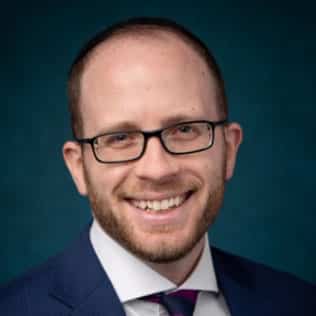







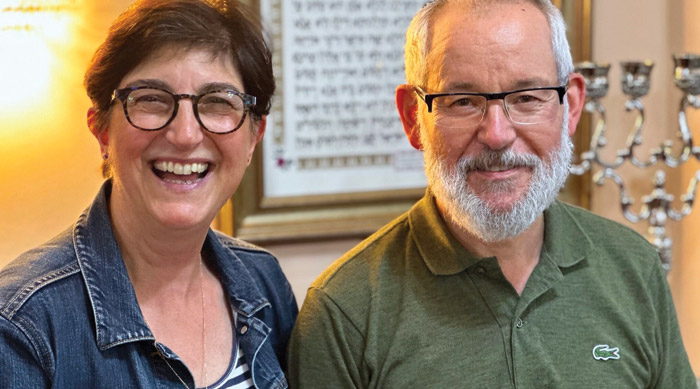


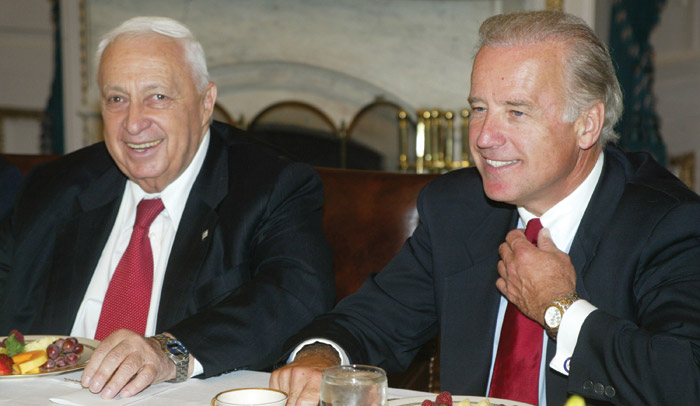
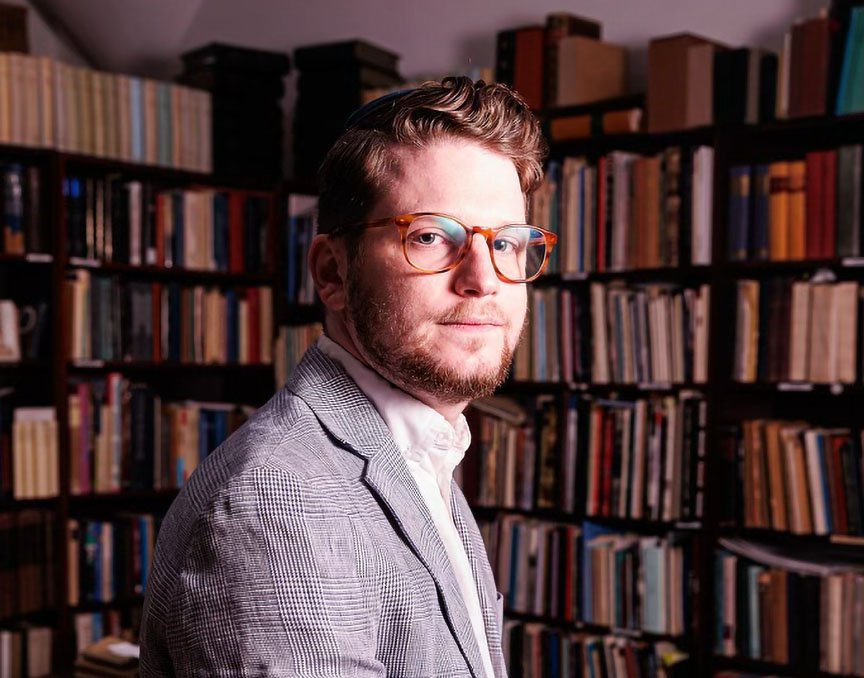



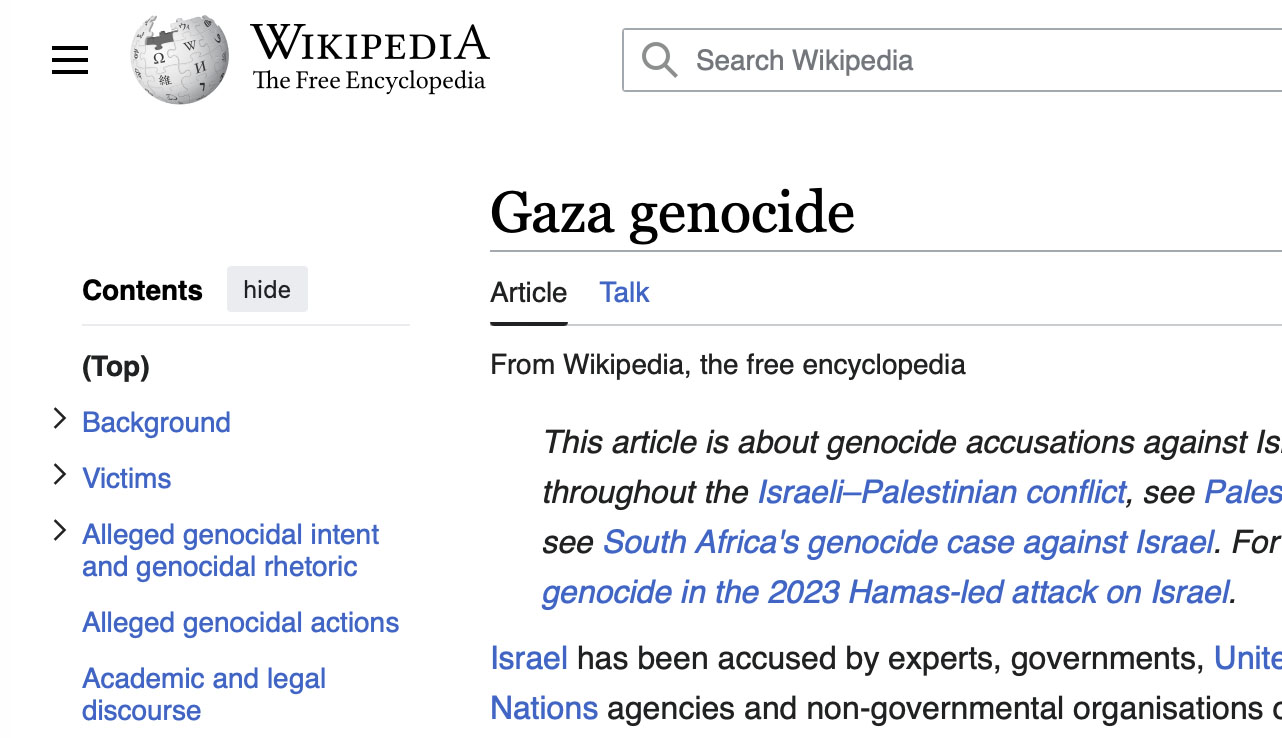



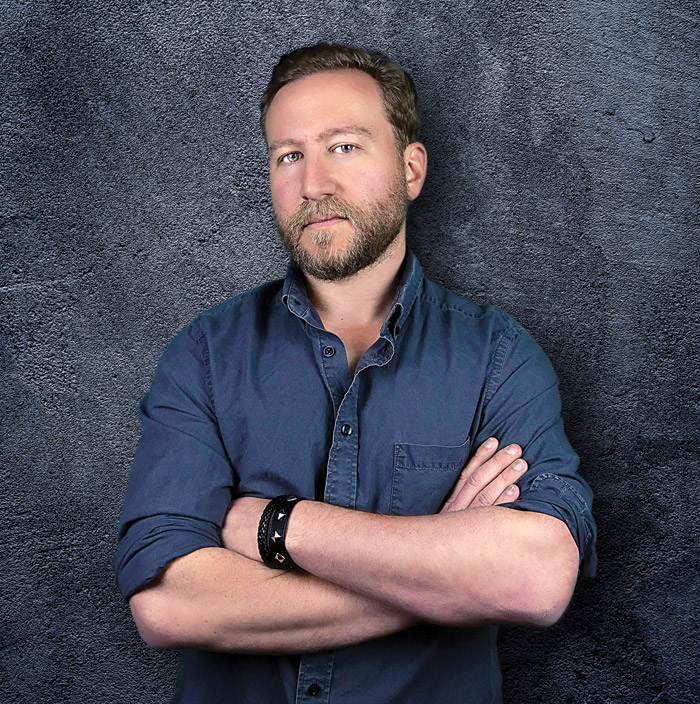

 More news and opinions than at a Shabbat dinner, right in your inbox.
More news and opinions than at a Shabbat dinner, right in your inbox.